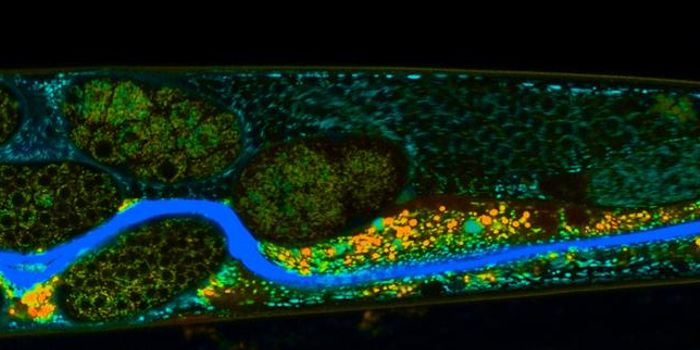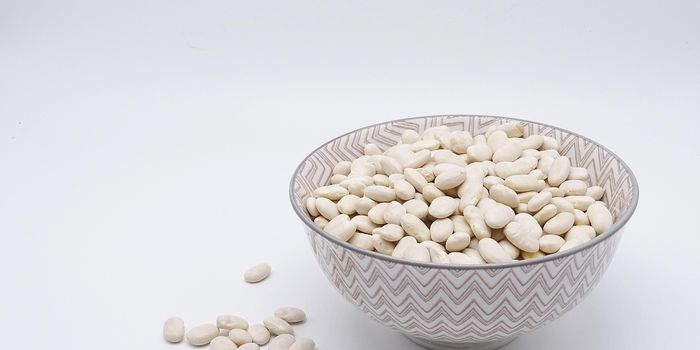Bumblebee Survival Negatively Impacted by Early Onset of Spring
Bumblebees have been all the buzz lately. Headlines abound about how bumblebee populations continue to decline across the world, a decline ushered in by factors such a loss of habitat due to climate change. In fact, it’s estimated that over the past 20 years, bumblebee populations have decreased nearly 90%, and bumblebees in many areas of the world are facing extinction threats. What makes these declines so alarming is the critical role bumblebees play as important pollinators. Declining bumblebee populations could affect crop yields, for example, leading to food crises.
Researchers at the University of Ottawa have recently published a study exploring more deeply how climate change is affecting these important pollinators, noting that earlier spring onset could be disrupting bumblebees and putting that at risk. The study is published in a recent article published in Biological Conservation.
The idea that climate change is triggering earlier shifts in the seasons isn’t new. Prior work has shown that climate change has been triggering earlier onset of spring, leading to potentially drier, hotter summers. Researchers from the University of Ottawa are among the first to study how these seasonal shifts impact bumblebees.
A key finding from the team’s work highlights that earlier spring is causing bumblebees to awaken earlier from hibernation. The problem is that this early awakening doesn’t correspond with the blooming of spring flowers, which bees rely on as a vital source of food. Normally, bumblebees have an advantage, timing their emergence from hibernation to match with the blooming of the flowering plants they need to survive. As a result, there are fewer bees in a given area, and the bees that do remain are unlikely to remain in the area in subsequent years. Their study included 21 different bumblebee species, with about 15 of these species being significantly impacted by seasonal shifts.
The research team noted that these effects on bumblebee populations could have significant consequences for crops and other plants that rely on bumblebees to pollinate them.
Sources: EurekAlert!; Smithsonian; Biological Conservation








